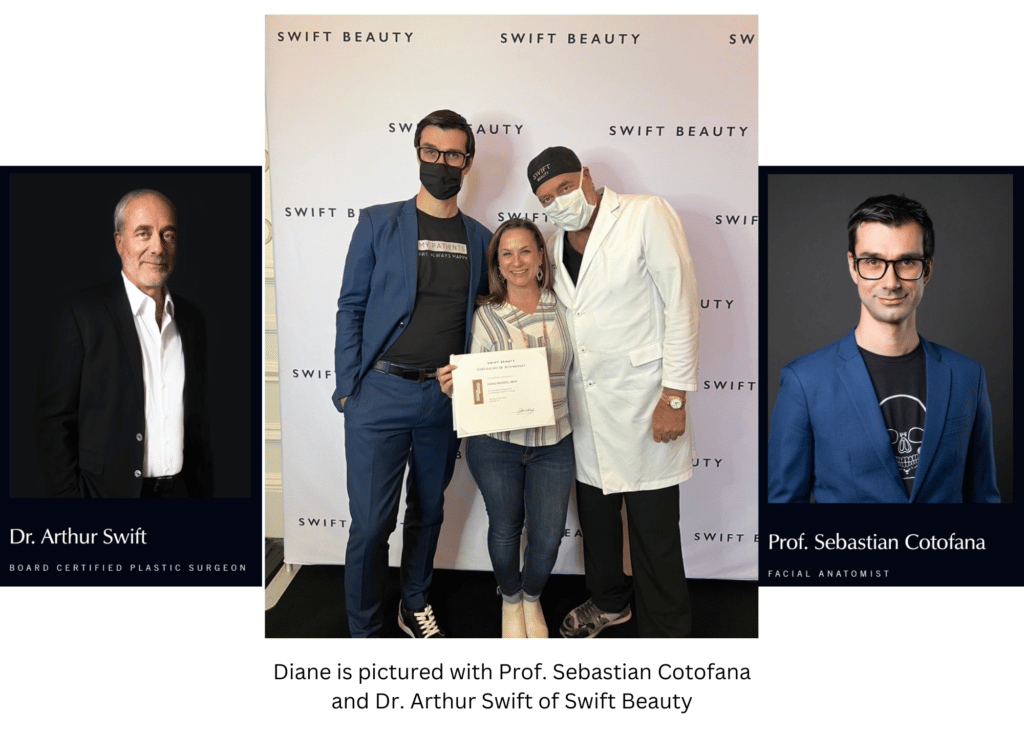What are Fillers?

Lip filler is a cosmetic treatment used to enhance the volume and shape of the lips. It typically involves the injection of a gel-like substance, often hyaluronic acid, into the lips. Hyaluronic acid is a naturally occurring substance in the body that attracts and retains moisture, helping to plump and smooth the lips. The procedure is minimally invasive and can provide temporary results, usually lasting from several months to over a year, depending on the type of filler used and individual factors. Lip fillers can address concerns such as thin lips, asymmetry, or age-related volume loss.
Facial fillers, also known as dermal fillers, are injectable substances used to restore volume, smooth wrinkles, and enhance facial contours. They are commonly made from hyaluronic acid, calcium hydroxylapatite, poly-L-lactic acid, or other biocompatible materials. Facial fillers can address a variety of cosmetic concerns, including:
- Wrinkles and Fine Lines: Filling in creases and lines, such as nasolabial folds (smile lines) and marionette lines.
- Volume Loss: Restoring fullness to areas like the cheeks, temples, and under the eyes.
- Lip Enhancement: Adding volume and shape to the lips.
- Facial Contouring: Enhancing the chin, jawline, and other facial features for improved definition.
- Scar Improvement: Reducing the appearance of certain types of scars.
The effects of facial fillers are temporary, lasting fromseveral months to a couple of years, depending on the type of filler used and individual factors. The procedure is minimally invasive and typically involves little to no downtime.
Why You Should Only See A Highly Trained Injector
Allowing only a highly trained professional to inject filler is crucial for several reasons:
- Safety: Injecting fillers requires a deep understanding of facial anatomy. A trained professional knows how to avoid blood vessels, nerves, and other critical structures, reducing the risk of complications such as vascular occlusion, which can lead to tissue damage or even blindness if done incorrectly.
- Precision: Achieving natural-looking results depends on the injector’s skill and experience. A professional can assess the unique structure of your face and strategically place the filler to enhance your features without overdoing it.
- Risk Management: Complications, although rare, can occur. A trained injector can recognize and manage side effects, such as allergic reactions, infections, or uneven results, effectively.
- Customization: Professionals can tailor the treatment to your specific needs and aesthetic goals. They understand how different fillers work and can choose the most appropriate one for your skin type, area of concern, and desired outcome.
- Ethical Considerations: A highly trained injector will adhere to professional and ethical standards, ensuring that the procedure is performed with your best interests in mind. They’ll also provide proper pre- and post-treatment care instructions to optimize results and minimize risks.
In summary, the expertise of a qualified professional is essential to ensure both the safety and effectiveness of filler treat



